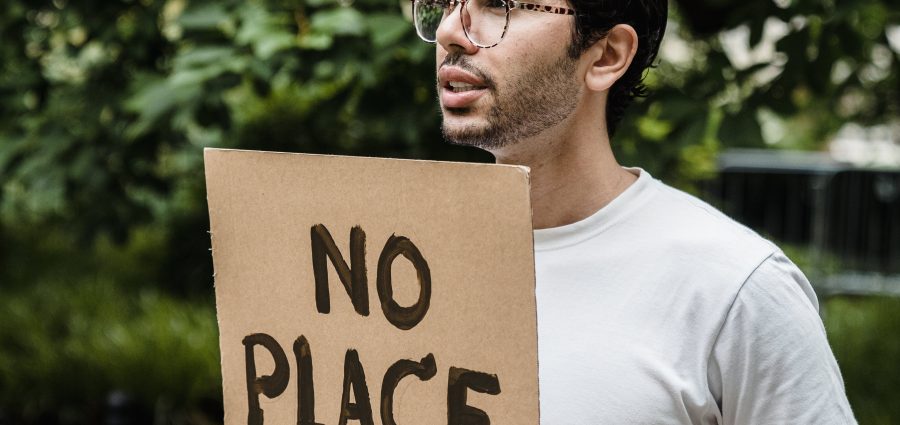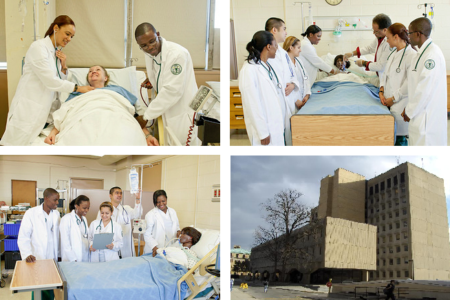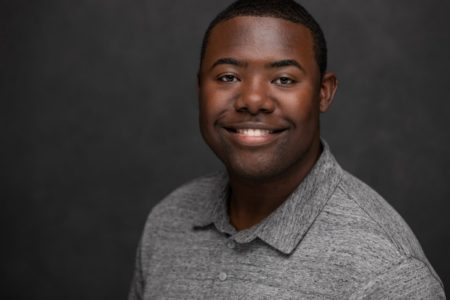Given New York City’s (NYC) rich diversity, navigating issues of hate can be challenging for both adults and children within and outside of our school system. As tensions rise amid ongoing conflicts in the Middle East, the Board of Education (BOE), under Chancellor David C. Banks, is taking proactive steps to address antisemitism, Islamophobia, and all forms of hate in NYC public schools.
With a population representing over 180 languages and a multitude of faith backgrounds, addressing these issues has been a priority for Banks during his two-year tenure. He emphasizes a zero-tolerance policy towards bigotry, stating that “hatred has no place in our schools.” Unfortunately, a concrete definition of what constitutes antisemitism or Islamophobia has yet to be established for fear of offending anyone while trying to navigate this politically charged dilemma.
While specific statistics on incidents were not provided at the moment and their dissemination to the public is not openly given due to privacy concerns, the BOE’s goal is to implement a comprehensive approach that focuses on education, safety, and engagement. This includes workshops this spring for middle and high school principals on how to navigate those difficult conversations, followed by similar training for all educators soon after. Additionally, resources for students who feel unsafe, such as social workers, guidance counselors, and mental health services, will continue to be ensured.
Banks highlighted the role of the Respect for All Liaison. Every school in NYC is required to appoint a liaison called the “Respect for All Liaison” to support school culture and safety year-round, not just during problems. They are also receiving more training on bullying this year. Their role as a resource for students and staff who feel unsafe. Banks remarked that the Principal is the first line of defense when dealing with safety for school staff and children, while their direct supervisors are for the non-school staff, and that the Respect for All Liaison is an alternative.
Regarding partnerships with local law enforcement agencies or community organizations, the BOE said they remain in lockstep with the NYPD. Banks regularly meets with the police commissioner, and other BOE members meet with precinct commanders and the entire safety division to address incidents that may affect school communities directly or indirectly. This collaboration ensures swift action and enforcement of BOE policies.
Touching on the danger of social media having a negative impact on our students, Banks states this is an alarming issue and one that the mayor has an invested interest in as well. The chancellor indicated there are signs of stress across the board on mental health because of social media, another problematic issue is misinformation and the high concentration of social pressure, which is leading students to engage in dangerous behavior like riding on top of subways, a phenomenon known as subway surfing, because they see it on social media.
Banks is enthusiastic about fostering engagement, including the establishment of an interfaith advisory council to bridge gaps in the diverse school environment. The council itself is currently forming. Additionally, the annual Respect for All Week, scheduled for February 12-16, aims to combat bullying and promote diversity through citywide programs and activities.
Regarding remarks about the migrant crisis and preferential treatment, Banks emphasized that all students are treated equally, and any issues arising must have been based on policy, not status. Addressing concerns about educator unhappiness, Banks highlighted the high retention rate and new contracts that provide NYC teachers with a pay scale among the highest in the country.
In summary, the BOE’s proactive measures underscore its commitment to creating a safe and inclusive environment for all students in NYC public schools. For support on safety or bullying, individuals can reach out to the hotline at (718) 935-2288 or e-mail respectforall@schools.nyc.gov.








